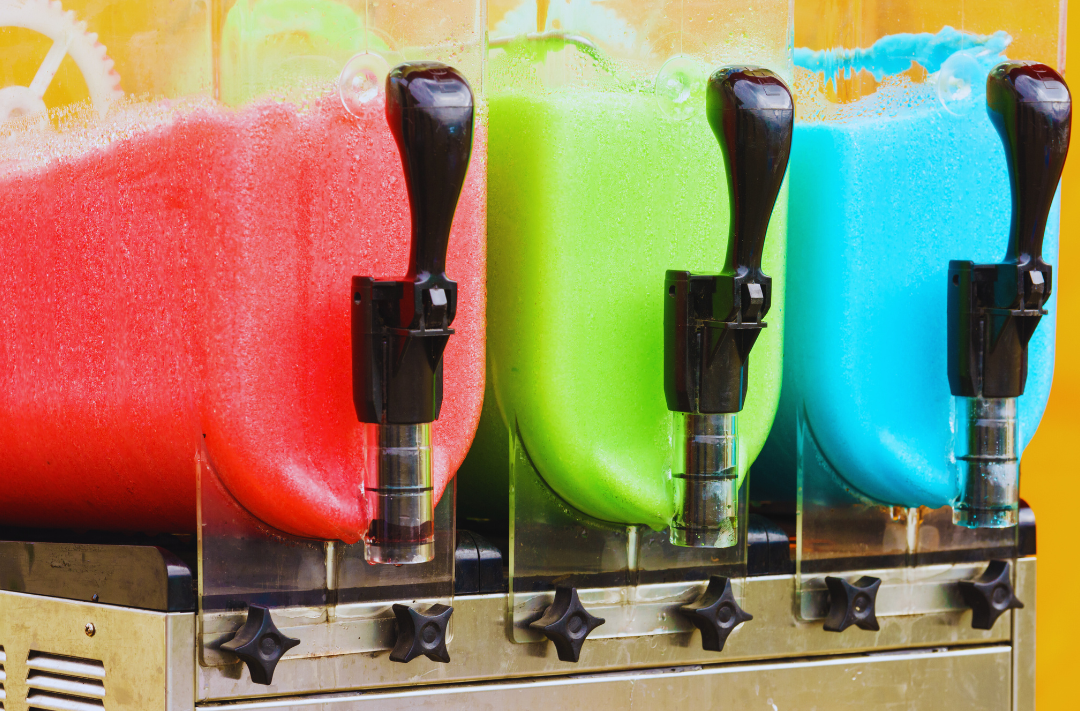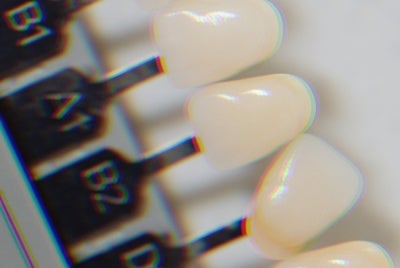Slushies not safe for kids under eight, experts warn
Most contain a substance called glycerol—a naturally occurring sweetener instead of sugar.
DANIAL HAKIM13 Mar 2025 03:49pm

In the United Kingdom, health experts are calling for official safety guidelines to be revised after research found that slushy ice drinks containing glycerol can cause serious illness in young children, mostly those aged at 8 and under.
According to BBC, the call for change follows a study conducted in the UK and Ireland, of 21 children, aged two to seven, who required emergency medical care after drinking slushies.
While these brightly coloured beverages are specifically designed to attract children, most contain a substance called glycerol—a naturally occurring sweetener instead of sugar—to prevent them from freezing solid and create the slushy texture that give 'slushies' their signature finish.
As of recent, the UK's Food Standards Agency (FSA) highly recommends that children under five avoid slushy drinks entirely and that those under 11 practice moderation and limit their intake to at least one serving.
This advice is based on concerns that consumption of glycerol-laden slushies in quick succession can cause glycerol intoxication, leading to shock, hypoglycaemia, and an eventual loss of consciousness.
WHAT IS GLYCEROL INTOXICATION SYNDROME
The study, published in the Archives of Disease in Childhood, analysed cases from 2018 to 2024 and found that all affected children developed acute symptoms of glycerol intoxication within an hour of consuming slushies, requiring accident and emergency (A&E) treatment soon after.
Doctors diagnosed the children with “glycerol intoxication syndrome,” presenting severe symptoms such as loss of consciousness, abnormal blood sugar and acidity levels, and, in more critical cases, neurological concerns—four children required brain scans, while one suffered a seizure.
Fortunately, all children recovered and were discharged with medical advice to avoid slushy drinks in the future.
The study’s lead author professor Ellen Crushell of Dublin, warned that these cases could be just a fraction of the actual problem, stating that this is just "tip of the iceberg".
There could be a "milder cohort" who may not need hospital treatment but still suffer symptoms such as "nausea and vomiting", she noted.
Paediatricians behind the study, working in both the UK and Ireland, highlighted that parents may struggle to determine how much glycerol a slushy contains as unlike clear age-based recommendations, weight-based safety guidelines are oftentimes difficult to interpret.
Other factors, such as how quickly a child drinks a slushy and whether it is consumed alongside food, also affect how the body reacts.
CALLS FOR TIGHTER REGULATIONS
The chair of Royal College of Emergency Medicine’s safer care committee, Dr Sally Anne Wilson, expresed her call to action in fostering a safer environment for children.
"As a parent, you want to make sensible decisions for what you buy your child, and if you're not aware that there's glycerol in the slushie and what that can do, then you're not going to have any qualms about buying the said slushie." she said.
While she acknowledged that age-based recommendations are not a perfect solution, as children's weight varies, she agreed that raising the minimum age could make safety guidelines clearer and easier for parents to follow.
POTENTIAL LINK TO REDUCED SUGAR CONTENT
The study suggests that the rise in slushy-related illnesses may be linked to their reduced sugar content.
Many parents opt for these drinks as a healthier alternative, yet in countries without a sugar tax, slushies often contain more glucose and little to no glycerol, reducing the risk of intoxication.
The Food Standards Agency (FSA), responsible for food safety and food hygiene in England, Wales and Northern Ireland, is currently reviewing the study's findings.
FSA’s director of policy, Rebecca Sudworth stated: "We continue to strongly encourage parents to follow (our) advice which is that slushie drinks should not be given to children under four years old.
"Retailers are also advised to make parents fully aware of this guidance," she said.
The agency reiterated that while symptoms of glycerol intoxication are typically mild, parents should be fully informed of the potential risks, especially when large quantities are consumed.
Download Sinar Daily application.Click Here!














